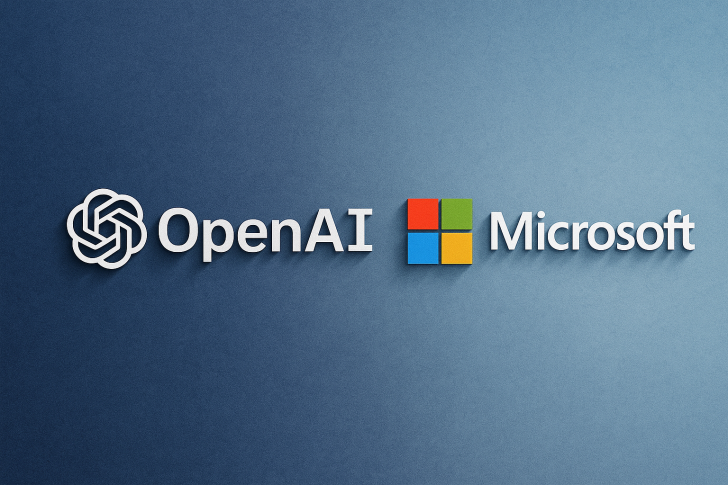A new report has sent shockwaves through tech and finance circles worldwide. OpenAI is laying the groundwork for an IPO that could reach $1 trillion in valuation. With Microsoft holding a substantial 27% stake, this upcoming IPO could reshape not just AI but the entire tech investment landscape.
OpenAI's Journey to a Trillion-Dollar Valuation
According to a Reuters report highlighted by Barchart, OpenAI is eyeing a potential 2026 IPO that could make it one of the most valuable companies to ever go public. Early discussions value the AI powerhouse somewhere between $500 billion and $1 trillion, driven by massive demand for artificial intelligence and ChatGPT's phenomenal success.
Over the past year, OpenAI has evolved from a research lab into the beating heart of the AI economy. Its technology powers everything from corporate productivity tools to everyday consumer apps. Models like GPT-4 and the upcoming GPT-5 have set the standard for the entire generative AI industry. If that trillion-dollar valuation holds, OpenAI would join an exclusive club alongside Apple, Microsoft, and Nvidia, fundamentally redefining what tech-driven value creation looks like.
Microsoft's 27% Stake: The Investment of the Century?
What started as a research partnership between Microsoft and OpenAI has become one of the most lucrative tech alliances ever. Microsoft's 27% ownership could be worth up to $270 billion if the IPO valuation materializes. But the value goes beyond just numbers. Microsoft has woven OpenAI's technology throughout its entire ecosystem, from Copilot in Office 365 and Azure OpenAI Service to AI-powered Bing Chat. This integration hasn't just strengthened Microsoft's enterprise software dominance, it's placed the company at the center of the AI infrastructure race.
Why 2026? The Strategic Timing
The expected 2026 timeline makes sense. Investors are increasingly looking for AI companies that combine breakthrough innovation with real monetization potential, and OpenAI checks both boxes. The company has subscription revenue, enterprise partnerships, and licensing deals creating sustainable growth. But competition is heating up. Rivals like Anthropic, Google DeepMind, and xAI are moving fast. A public listing would give OpenAI the capital to scale faster, expand its computing power, and accelerate innovation in model development.
What This Means for Markets
A trillion-dollar OpenAI IPO would fundamentally change the relationship between AI and global finance. Analysts expect the listing to trigger a massive wave of investment across the AI ecosystem: semiconductor giants like NVIDIA, data center operators, cloud computing providers like AWS and Google Cloud. "This wouldn't just be another market event," one Wall Street strategist noted. "It would mark the beginning of the AI-industrial era, where artificial intelligence becomes as fundamental to the economy as electricity once was." At the same time, regulators will likely ramp up scrutiny on AI governance, data practices, and market concentration, given OpenAI's unprecedented influence.
What's Next for OpenAI
While nothing's been officially confirmed, insiders suggest OpenAI might use a dual-class share structure to keep leadership control. CEO Sam Altman has consistently emphasized the company's mission to ensure AI benefits humanity, a message that's likely to feature prominently in the investor pitch. If successful, this IPO would mark one of the biggest financial moments in tech history, cementing OpenAI's role as the foundation of global AI innovation.
 Peter Smith
Peter Smith

 Peter Smith
Peter Smith


